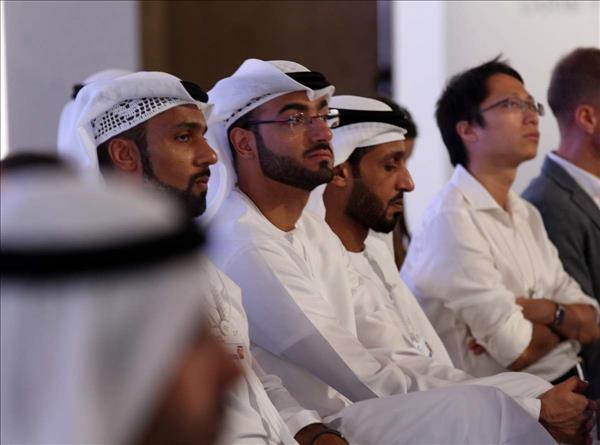
UAE Government launches Sustainable Development Agenda
The agenda promotes a set of global values that must be established in order to make responsible decisions when developing technologies that can then be used to the benefit of society. It introduces new models for governments, as well as innovative approaches to develop existing government models, which serves to maximise the benefits and mitigate the potential risks from the Fourth Industrial Revolution.
The Sustainable Development Agenda, which is based on eight strategic sectors, seeks to optimise the use of new technologies to affect positive changes, in addition to developing methods to forecast the future of strategic sectors."We are on the verge of a new era spearheaded by the Fourth Industrial Revolution," Mohammed Abdullah Al Gergawi, Minister of Cabinet Affairs and the Future and AMGFC co-chair, said. "Radical changes are in the pipeline - changes that are set to affect work environments, production processes, management systems and governance. These transformations will reinvent governments in the future."
For the first sector, the labour market, the agenda asserts there will be a greater integration of smart machines, which will require a full overhaul of the labour market to fully utilise people's skills and capacities. In healthy living and healthcare, the agenda projects that personalised medicine and human-enhancement technologies will push average life expectancy beyond 90 years. Meanwhile, in food sustainability, new technologies will ensure that the basic nutritional needs of a global population of 8.5 billion are met, while simultaneously working to minimise the environmental footprint this would entail.The agenda also works to fully decarbonise energy worldwide, whereas in investments and infrastructure, it forecasts a world where the widespread adoption of electric and autonomous transport. In trade and value chains, circular and zero-waste value chains will be implemented worldwide, while large-scale human mobility will become increasingly commonplace due to demographic, technological and climate impacts. In the eighth and final sector, ubiquitous information, open data is expected to grow in scope, requiring stricter cybersecurity measures.
-
Legal Disclaimer:
MENAFN provides the
information “as is” without warranty of any kind. We do not accept
any responsibility or liability for the accuracy, content, images,
videos, licenses, completeness, legality, or reliability of the information
contained in this article. If you have any complaints or copyright
issues related to this article, kindly contact the provider above.
















Comments
No comment